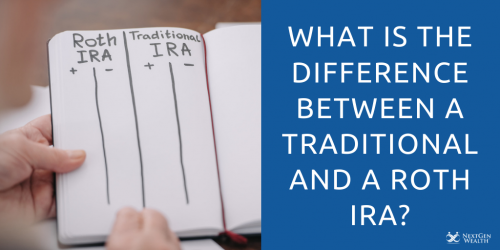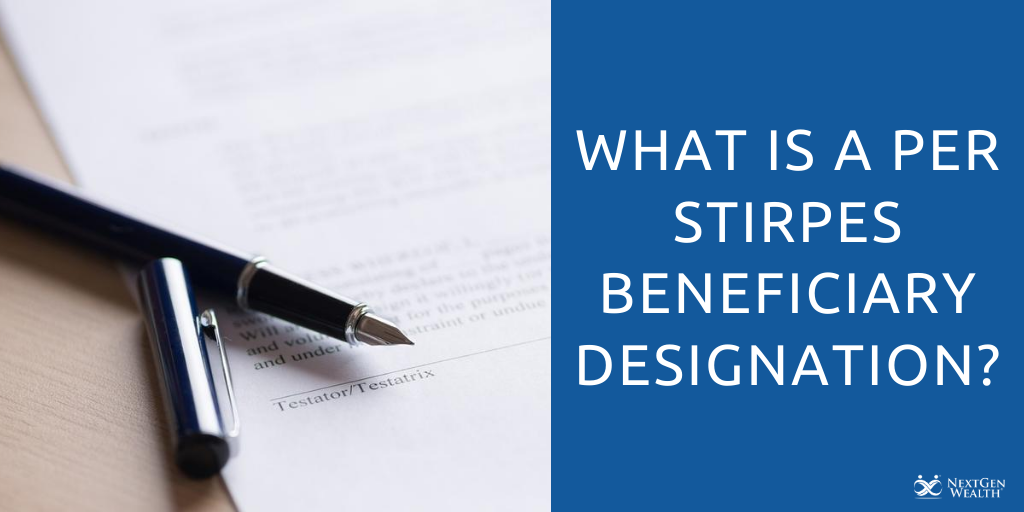There’s no easy way to say it: getting a divorce is terrible. Not only is there the emotional toll that you have to deal with; a divorce also brings with it a measure of financial stress as well. Instead of living on multiple incomes and sharing expenses, you are now forced to make – and pay for – everything on your own, making all financial decisions along the way.
This burden doesn’t get any easier as you approach your retirement years either. A reduced income can make it harder for a single individual to live and thrive during what are supposed to be the golden years of life. Thankfully, there are programs out there that can provide some measure of help, and Social Security is one of them.



















